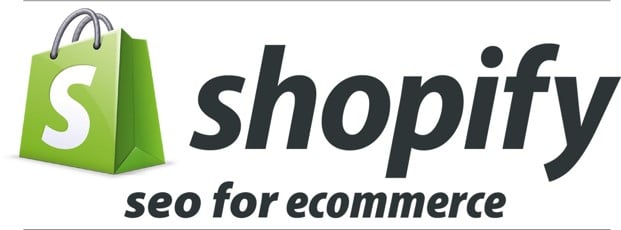Shopify Ecommerce SEO, Consolidated Pages, What Are They?
[spacer size=”20″]
Shopify Development Level Case Study for Ecommerce SEO/CRO
Search engine optimization (SEO) for eCommerce stores should include attention to conversion rate optimization (CRO). The degree to which a site converts, will directly impact SEO. By converts, we mean both producing a sale as well as causing a visitor to engage with the site at some level. Even if that conversion is limited to clicking on a navigation element or watching a video.

As these conversion rate differences become apparent to Google in volume, dramatic changes in ranking are likely to occur. Therefore, everything should be done to get engagement with store visitors at every level.
- 18% Increase in Sales
- 10% Boost in Ranking
- 250% More Reviews
In this case study, we examine one aspect of optimization in both proprietary and Shopify eCommerce stores. One that when we implemented it within a Shopify store, made a significant impact on both ranking (SEO) and sales (CRO).
Consolidated Pages
What are consolidated pages and why did they make such a big difference to organic ranking and sales conversion rates?
[spacer size=”20″]
Shopify SEO Ecommerce Follow-up Organic Ranking Google Analytics Report
[spacer size=”20″]


